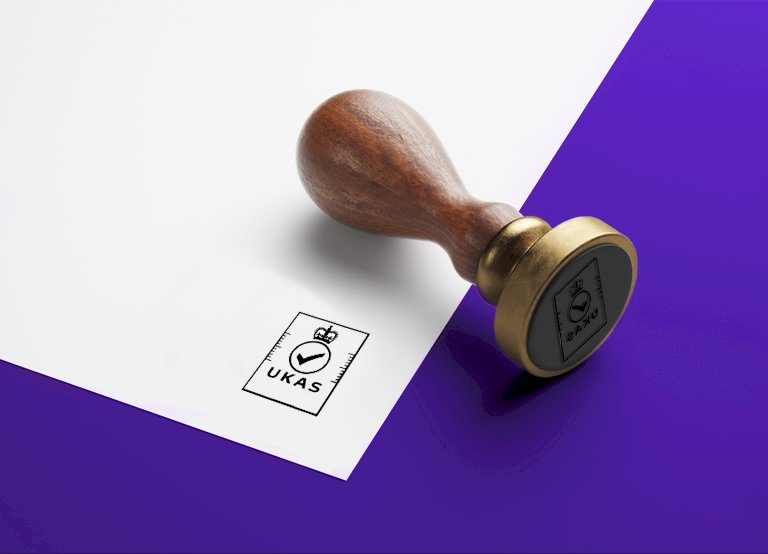
Overview of UKAS-accredited third-party certification schemes
Throughout the course of our work with door manufacturers, we often provide help and support with fire testing. One of the areas that can often cause some bafflement is UKAS-accredited third-party certification (TPC) schemes. We thought it might be helpful to broadly explain how it works and what the benefits might be.
What is UKAS?
UKAS is the National Accreditation Body for the United Kingdom. It is appointed by Government, to assess and accredit organisations that provide services such as certification, testing and inspection.
In short, UKAS ‘checks the checkers’.
What does accreditation mean?
When an organisation receives UKAS accreditation to operate a certification scheme, it is formal, third party/independent recognition that the organisation is competent to run a certification scheme.
What is third-party certification (TPC)?
TPC is formal, independent recognition that a prescribed standard of performance has been achieved. The third party is the certifying body, and each body writes its own rules for their particular scheme. These schemes always go above and beyond the basic legal requirements – this is the whole point of TPC – it’s a belt and braces approach that provides additional assurances of consistent quality.
Does a certification body have to be accredited?
You do not have to be UKAS-accredited to run a certification scheme, but it is Government policy to recommend using an UKAS-accredited body when seeking certification wherever possible. And if you want to export, there are reciprocal agreements in place between international accreditation bodies, which mean that UKAS-accredited bodies are globally recognised.
What is the difference between the accreditation and TPC? It’s important to note that accreditation is not the same as TPC. For example, an UKAS-accredited laboratory may run a test on a product and issue a test report, often referred to as primary test evidence – this means that the product has a result from a test at an UKAS-accredited laboratory. Primary test evidence is similar to a witness report from the scene at a car accident, it is what happened on the day, with no expert opinion or assessment added.
TPC is a process rather than a one-off test. As well as primary testing, TPC schemes will often include:
What are the benefits of TPC?
At Rutland we think the benefits of TPC are threefold:
More on accreditation and certification
UKAS-accredited third-party certification schemes can be tricky to get your head around and this is something we help our customers with on a regular basis. We’d like to unpick this area so that it’s clearer for everybody, and on 23rd February, Rutland will be hosting a webinar doing just this.
Leave us your contact details and we will call you back for a free consultation about your requirements.